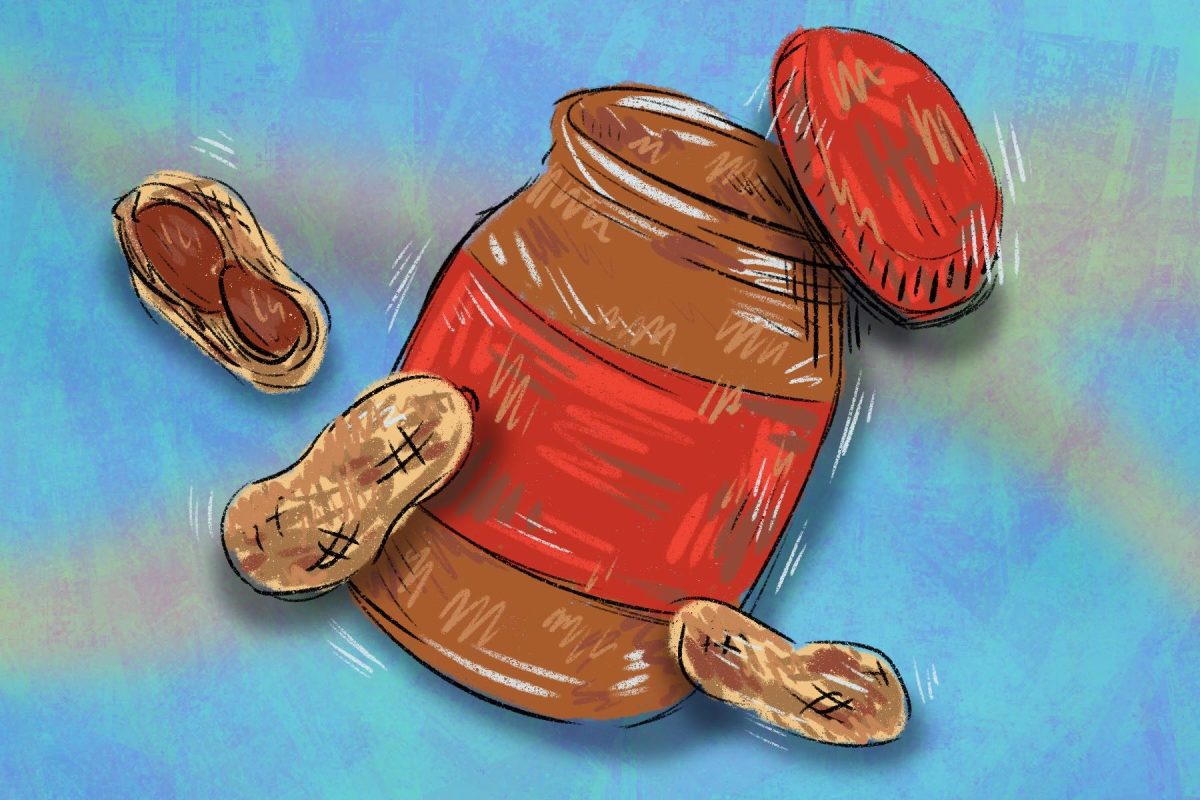There was an odd thematic consistency to the weekend news cycle, a potpourri of headlines linked by the concept of restoration. Fox News demagogue Glenn Beck’s “Restoring Honor” rally at the National Mall on Saturday drew nearly 100,000 supporters with the charge to, as articulated by keynote speaker Sarah Palin, “restore America and restore her honor.”
More grounded was the national dialogue on the continuing efforts to rebuild from Hurricane Katrina. Sunday’s fifth anniversary provided a somber reminder of how tenuous the restoration process can be, as thousands remain displaced half a decade later.
In other news, Tiger Woods claimed to have his golf game back, Lindsay Lohan finished her latest stint in rehab and curative efforts to the U.S. capitol building commenced. But the most striking stories belonged to two men who seem to share everything and nothing in the context of restoration.
Both are indigenous natives in their respective countries. The first is Ken Wyatt, a 57-year-old Australian who became the first Aboriginal man elected to the Australian House of Representatives. Although two other Aborigines have served in as Senators, Wyatt is the first to claim victory in a public election.
According to BBC news, the deeply entrenched racism towards Australian Aborigines has already tainted Wyatt’s triumphant victory. He has received hate mail in the days following his election from voters who claim they would not have voted from him had they known he was of indigenous decent.
“I’ve had that all my life, growing up as an Aborigine in the ‘60s, ‘70s and ‘80s” Wyatt told BBC. “Let’s move on from that – what’s more important is the way in which we move Australia forward, and the thinking we have, and the society we build on.”
The second man doesn’t share Wyatt’s progressive inclinations. His name is unknown, though media outlets have described him as the “most isolated man on the planet.” He lives alone in the Brazilian Amazon rainforest, the last surviving member of his native tribe. He has no channels of communication with any other human.
According to Monte Reel of Slate.com, government officials have established a 31-mile radius safe zone to prevent builders and contractors from intruding on the man’s way of life. They’ve known about him for 15 years, and several attempts to initiate contact have proven unsuccessful. One official took an arrow to the chest after pushing too close on an exploratory endeavor.
These men run the metaphorical gamut of what restoration means in today’s society. Wyatt has disregarded notions that he’ll use his office to protect Aborigines through legislative favoritism. Instead of seeking restitution for decades of prejudice, he looks to the future for ways to improve Australia for all races.
He explained to the BBC, “In 50 years’ time historians and people will be analyzing why Hasluck chose an indigenous candidate, and what they’ll discover is that they didn’t choose an indigenous candidate because I was indigenous. They chose a person who they believed would represent the interests of everybody in Hasluck.”
Diametrically opposed is the life of the Brazilian. Faced with entering an unfamiliar world, he chooses to remain alone in the purity of his forest. When he dies his tribe will die with him, no hope for repopulation because of no desire for assimilation. There is something to admire in both the man’s decision and the Brazilian government’s willingness to respect it.
Reel notes, “Advanced societies invariably have subsumed whatever indigenous populations they’ve encountered, determining those tribes’ fate for them. But Brazil is in the middle of an experiment. If peaceful contact is established with the lone Indian, they want it to be his choice.”
“They’ve dubbed it the ‘Policy of No Contact.’ After years of often-tragic attempts to assimilate into modern life the people who still inhabit the few remaining wild places on the planet, the policy is a step in a totally different direction.”
I suspect that the lone Indian will choose to remain alone, and that Ken Wyatt will be an outstanding MP. Neither have hope for the true restoration that their indigenous populations deserve, but both maintain a truly commendable sense of honor and idealism. Maybe Glenn Beck will host a rally on their behalf.
Tyler Valeska is a senior majoring in English and political science.








